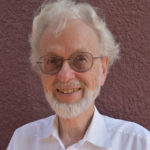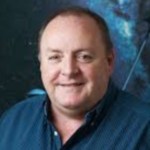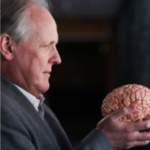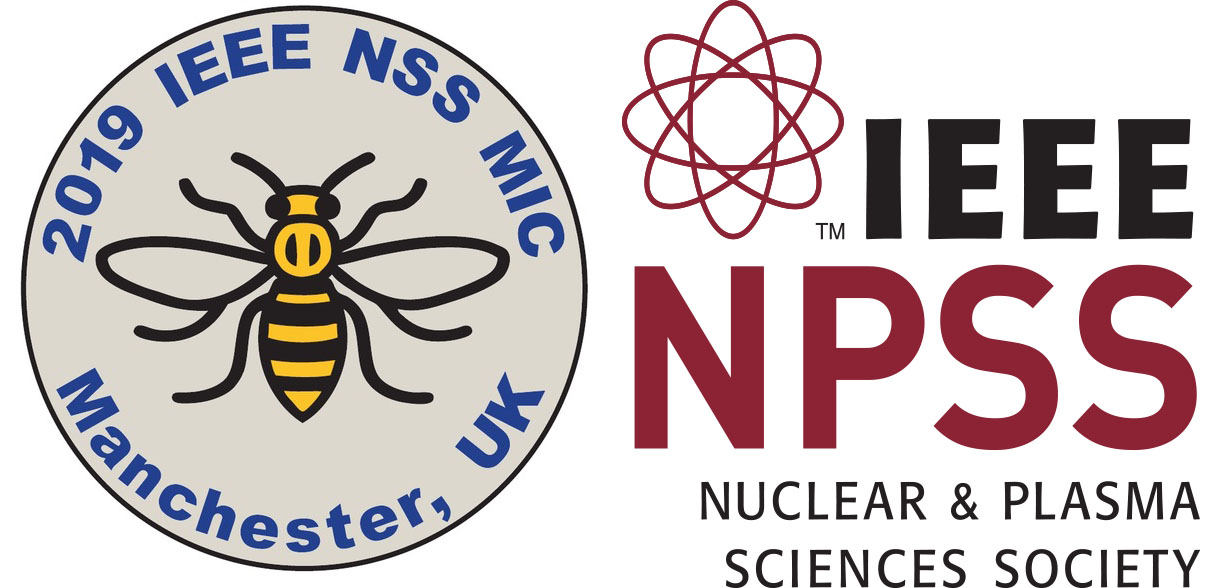Latest News:
December 4 – The two winners of the CIP $200 Amazon Gift Certificates were: 1) Pierluigi Casolaro, Instituto Nazionale di Fisica Nucleare (INFN), Italy, and 2) Richard Laforest, Washington University, St.Louis, USA.
October 27 – In the UK clocks go back one hour at 2am on Sunday 27th October, ending Daylight saving time, reverting to GMT.October 27 – In the UK clocks go back one hour at 2am on Sunday 27th October, ending Daylight saving time, reverting to GMT.
October 27 – Registration open at MCC at 2pm
October 26 – Registration open at Hilton Sat-Sun
October 26 – Web App available
October 26 – Short Courses started at Hilton
October 26 – Exhibition Guide available
October 10 – Deadline for early registration
October 1 – Online Program Available for Download
September 16 – Presentation Guideline Information added
September 6 – Publication information added
September 3 – Paul Phelps Continuing Education Grant Recipients announced
August 3 – Valentin T. Jordanov Radiation Instrumentation Travel Grant Recipients announced
July 16 – Registration fees posted
July 16 – Visa Information added
July 11 – Online Program available
July 8 – RITC & NMISC Award Nomination deadline extended to July 31
June 26 – Tour times finalized
June 4 – Workshop list finalized
June 3 – Tour list finalized
May 29 – RITC & NMISC Award Nominations open
May 16 – Review of abstracts started
April 29 – Short courses listed
April 24 – Preliminary Registration info
March 06 – Jobs site open
March 04 – Abstract submission open
February 28 – Hotel reservations open
NSS Plenary Sessions
NSS Plenary Speaker 1

2018 IEEE Marie Sklodowska-Curie Award Presentation
David Nygren, Presidential Distinguished Professor, University of Texas Arlington
Professor David Robert Nygren‘s powerful particle-detection instruments are enabling breakthrough discoveries in physics and have improved practical applications such as medical imaging. Nygren developed the time projection chamber (TPC) to identify and track charged particles in complex high-energy collisions. Incorporating an intrinsically three-dimensional capability, the TPC has been implemented in particle colliders at major national research laboratories, has provided evidence of the gluon plasma state, and is playing a key role in searching for weakly interacting massive particles, in learning more about the elusive neutrino, and for many other applications. His proposal for fully depleted charge-coupled device imagers for optical astronomy are enabling a deeper view into space. Nygren’s quantum-counting mammography system enables improved image quality while greatly reducing radiation exposure. An IEEE Member, Nygren is a Presidential Distinguished Professor of Physics at the University of Texas at Arlington, Arlington, TX, USA.
NSS Plenary Speaker 2
The Square Kilometer Array, a radiation detector of a different nature
Professor Philip Diamond, SKA Director General
Philip John Diamond is a Professor in the School of Physics and Astronomy at the University of Manchester. He was the director of the from 1 October 2006 until 2010. He was the Chief of CSIRO‘s Astronomy and Space Sciences Division from 1 June 2010 and in October 2012 he left CSIRO to become the Director General of the Square Kilometre Array (SKA) Organisation. Diamond was educated at the University of Leeds (Bachelor of Science 1979) and the University of Manchester where he was awarded a PhD in Radio astronomy in 1982 for work on MERLIN and OH/IR stars.
NSS Plenary Speaker 3
 The Human Brain Project and SpiNNAker
The Human Brain Project and SpiNNAker
Professor Steve Furber, CBE FRS FREng, ICL Professor of Computer Engineering
Stephen Byram Furber CBE FRS FREng, is ICL Professor of Computer Engineering in the School of Computer Science at the University of Manchester, UK. After completing his education at the University of Cambridge (BA, Math, PhD), he spent the 1980s at Acorn Computers, where he was a principal designer of the BBC Micro and the ARM 32-bit RISC microprocessor. As of 2018, over 100 billion variants of the ARM processor have been manufactured, powering much of the world’s mobile computing and embedded systems. In 1990, he moved to Manchester where he leads research into asynchronous systems, low-power electronics[10] and neural engineering, where the Spiking Neural Network Architecture (SpiNNaKer) project is delivering a computer incorporating a million ARM processors optimised for computational neuroscience.
NSS Plenary Speaker 4
The European Spallation Source
Professor John Womersley, European Spallation Source Director General 
Professor John Womersley began work as Director General of the European Spallation Source ERIC on November 1, 2016. A graduate of Cambridge and Oxford (D. Phil. Experimental Physics), Prof. Womersley has played a leading role in particle physics both in Europe and the United States. John worked at Fermilab before becoming a scientific advisor to the Department of Energy in the US. He returned to the UK in 2005 to become Director of the Particle Physics Department at the STFC Rutherford Appleton Laboratory at a time when it was building and delivering vital components to CERN’s Large Hadron Collider. In time John took on a broader role as Director of the Science Programmes Office and was then appointed Chief Executive in 2011.
